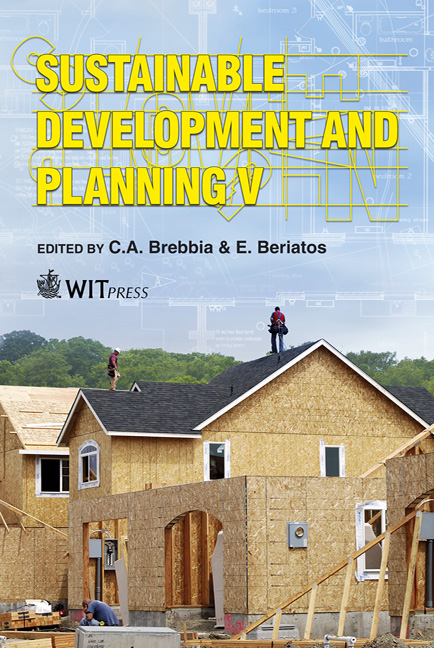Shared Responsibility For Post-Kyoto
Price
Free (open access)
Transaction
Volume
150
Pages
10
Page Range
563 - 572
Published
2011
Size
3,254 kb
Paper DOI
10.2495/SDP110471
Copyright
WIT Press
Author(s)
A. Hoeltl & R. Brandtweiner
Abstract
The approach of the Kyoto Protocol of the United Nations Framework Convention on Climate Change (UNFCCC) is currently production-based only. This means that greenhouse gas (GHG) emissions are calculated and assigned on the basis of production. Exports and imports as well as international transportation and the potential for carbon leakage are disregarded in the current Kyoto mechanism. The mechanism is considered unfair by an increasing number of Parties of the UNFCCC. Consumption-based accounting (CBA) can possibly be an approach for rebuilding the Kyoto Protocol into a fairer one, accepted by developed as well as by developing countries. CBA moves the responsibility from producers to consumers. The study at hand is aimed at making a contribution to the question of a fair and efficient combination of the two approaches. It develops an indicator that shares the responsibility for emissions embodied in traded goods among producers and consumers. Keywords: climate policy, post-Kyoto, shared responsibility, production-based accounting, consumption-based accounting, international trade, international transportation. 1 Introduction The Parties of the UNFCCC (including US, China and further emerging and developing nations) agreed on holding the increase in global average temperature below 2°C above pre-industrial levels. For that a reduction of 80% of global GHG emissions is needed by 2050. Yet the measures and burden-sharing for reaching this goal remain unclear.
Keywords
climate policy, post-Kyoto, shared responsibility, production-based accounting, consumption-based accounting, international trade, international transportation.





